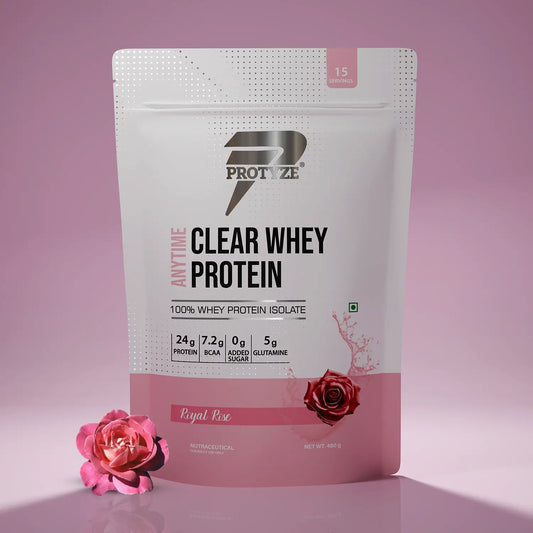Whey protein has become one of the most popular supplements for people who want to build muscle and improve their fitness. Many teenagers, especially those involved in sports and workouts, consider adding whey protein to their diet. But as a parent, you may wonder: Is whey protein safe for teenagers?
In this article, we will explore everything parents need to know about whey protein, its benefits, potential risks, and whether it is safe for growing teenagers.
What is Whey Protein?
Whey protein is a high quality protein derived from milk. It is a byproduct of cheese production and is rich in essential amino acids, which help in muscle building and repair. Whey protein comes in different forms, including:
- Whey Protein Concentrate (WPC) – Contains some fats and carbohydrates.
- Whey Protein Isolate (WPI) – More processed and contains very little fat or lactose.
- Whey Protein Hydrolysate (WPH) – Pre-digested for faster absorption.
While traditional whey proteins come in concentrate, isolate, and hydrolysate forms, Protyze specialize in clear whey protein, offering a refreshing alternative without added sugars.
Why Do Teenagers Want to Take Whey Protein?
Teenagers today are more health-conscious and interested in fitness. Many of them take whey protein because:
- They want to gain muscle and strength for sports.
- They see fitness influencers and athletes using protein supplements.
- They believe it will help them lose fat and stay lean.
- They think their regular diet is not enough for their protein needs.
While these are common reasons, it is important to understand whether whey protein is actually necessary for teenagers.
Is Whey Protein Necessary for Teenagers?
In most cases, teenagers do not need whey protein if they are eating a balanced diet. Natural foods like eggs, chicken, fish, dairy products, nuts, and beans already provide enough protein. However, some teens may have higher protein needs, especially if they are involved in intense sports or strength training.
For such cases, whey protein can be a convenient way to meet their protein requirements. But parents should ensure that it is used safely and not as a replacement for real food.
Benefits of Whey Protein for Teenagers
Given Below are some of the Benefits of of whey protein for teenagers:
1. Muscle Growth and Strength
Whey protein contains essential amino acids, especially leucine, which help build and repair muscles. Teenagers involved in sports like football, basketball, or weight training may benefit from it.
2. Recovery After Workouts
After intense exercise, muscles need protein to recover. Whey protein is quickly absorbed, making it a great option for post-workout recovery.
3. Supports Overall Nutrition
Some teenagers may not eat enough protein-rich foods due to dietary restrictions or poor eating habits. Whey protein can help fill this gap when necessary.
Potential Risks of Whey Protein for Teenagers
While whey protein has benefits, it also comes with potential risks that parents should be aware of:-
1. Digestive Issues
Some teenagers may experience bloating, gas, or stomach discomfort after consuming whey protein, especially if they are lactose intolerant.
2. Kidney Concerns
There is a myth that high protein intake damages kidneys. For healthy teenagers, moderate protein consumption is safe, but those with existing kidney issues should avoid excessive protein intake.
3. Allergies and Intolerances
Some teens may be allergic to dairy or lactose intolerant, making whey protein a poor choice for them. They can choose a Clear whey protein either to fulfill their Daily Protein Needs.
4. Unregulated Supplements
Not all protein powders are safe. Some may contain harmful additives, artificial sweeteners, or even banned substances. Always choose a trusted brand.
How Much Protein Do Teenagers Need?
The recommended daily protein intake for teenagers is:
|
Age Group |
Protein Requirement per Day |
|
13-18 years (Boys) |
52 grams |
|
13-18 years (Girls) |
46 grams |
Most teenagers can meet this through food without supplements.
Natural Protein vs. Whey Protein: Which is Better?
|
Feature |
Natural Protein |
Whey Protein |
|
Source |
Meat, eggs, dairy, nuts, beans |
Processed from milk |
|
Absorption |
Slower |
Fast |
|
Nutrients |
Contains vitamins, minerals, fiber |
Only protein |
|
Side Effects |
None if eaten in balance |
Possible digestive issues |
Whole foods are always the best option, but whey protein can be useful when necessary.
When Can Whey Protein Be Helpful for Teenagers?
- If they struggle to meet protein needs through food.
- If they are involved in high-intensity sports or weight training.
- If a doctor or nutritionist recommends it for their diet.
However, it should never replace whole foods.
How to Choose a Safe Whey Protein for Teenagers
- Look for trusted brands with no harmful additives.
- Choose unflavored or naturally sweetened options.
- Check for third-party testing to ensure quality.
- Avoid cheap, low-quality products with artificial ingredients.
When choosing a whey protein for teenagers, it's important to opt for brands that use clean ingredients. Protyze offers a clear whey protein with zero added sugar, making it a light and digestible option.
How to Use Whey Protein Safely
- Stick to the recommended dose (1 scoop or less).
- Mix with milk, water, or smoothies, not sugary drinks.
- Don’t over-rely on it; focus on real food.
Common Myths About Whey Protein and Teenagers
Given Below are some of the points showcasing myths about whey protein and teenagers:
1. Whey Protein Causes Kidney Damage
Not true for healthy individuals when taken in moderation.
2. Whey Protein Makes You Fat
Excess calories cause fat gain, not protein itself.
3. Whey Protein is Steroids
Whey protein is just food, not a drug.
Final Verdict: Should Teenagers Take Whey Protein?
For most teenagers, whey protein is not necessary if they eat a balanced diet. However, if they need extra protein due to sports or other reasons, a high-quality whey protein in moderation is safe. Parents should guide their teenagers in using it properly and ensure they are getting most of their nutrition from whole foods.
Conclusion
Whey protein can be a useful supplement, but it is not a magic solution. Teenagers should focus on a well-balanced diet first and use whey protein only if necessary. Parents should educate themselves and make informed decisions to ensure their child’s health and safety. For teenagers who need extra protein, a high quality option like Clear Whey ensures they get the benefits without unnecessary additives or sugars.
Frequently Asked Questions (FAQs)
Q1: Can a 15-year-old take whey protein?
Ans: Yes, but only if needed and under parental supervision.
Q2. Is whey protein better than eating eggs and chicken?
Ans: No, whole foods are always a better option.
Q3. Can whey protein stunt growth?
Ans: No, protein supports growth, but a balanced diet is key.
Q4. Is it okay to take whey protein every day?
Ans: Yes, if taken in moderation and not replacing real food.
Q5. What is the best whey protein for teenagers?
Ans: Look for trusted brands with natural ingredients and no harmful additives.





